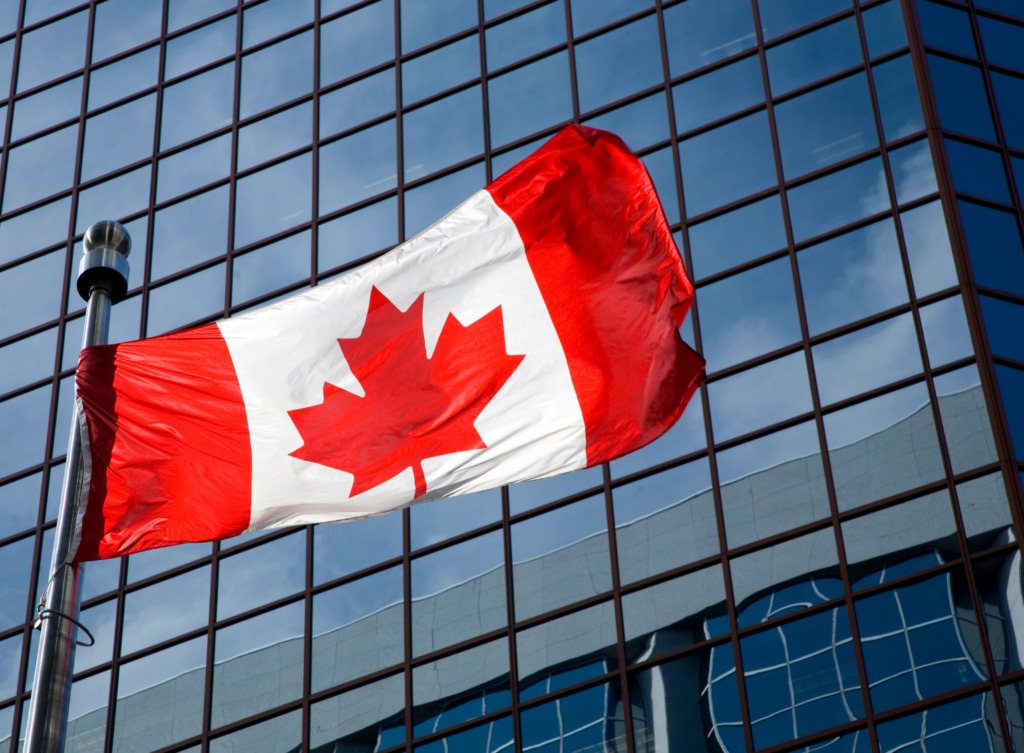It’s now even more convenient for Filipinos living in the Philippines to apply for Canadian visas.
Canada recently opened a new operations center in the Philippines to ramp up visa application processing.
The expansion is part of Immigration, Refugees and Citizenship Canada’s (IRCC) continuing measures to adapt to the high volume of visa applications around the world.
The new center located within the Canadian Embassy in Ayala Avenue, Makati is being staffed by 37 additional employees who will be processing applications of those who want to visit, study, work and immigrate permanently to Canada.
Rechie Valdez, Member of Parliament for Mississauga—Streetsville, opened the center and met with staff. Valdez is also the second Fil-Canadian to become part of Canada’s Parliament.
This measure is just part of Canada’s Indo-Pacific Strategy. One element of this strategy is to bolster visa-processing capacities in key locations in the region. Other centers were also opened in New Delhi and Chandigarh, India; Islamabad, Pakistan
According to the 2021 census, 960,000 people (roughly the population of Ottawa, Canada’s capital) of Filipino heritage live in Canada, while a growing number of Filipino citizens visit family and friends in Canada, study at Canadian colleges and universities or immigrate to Canada. Diplomatic relations between Canada and the Philippines began in 1949. Both countries will mark their 75th year of strong and friendly bilateral relations in 2024. RCC now has visa offices in more than 50 locations in Canadian embassies, high commissions, and consulates around the world.
“Canada is set to welcome a record number of newcomers in the years ahead to fuel our economic growth. This will give us an advantage in the global race for talent, and support key sectors and industries. Today’s announcement to open a new centre supported by 37 new employees in the Philippines is another example of Canada’s work to boost immigration processing, as we continue to promote greater diversity among those looking to visit, study, work and live in Canada.”
The Honourable Sean Fraser, Minister of Immigration, Refugees and Citizenship

